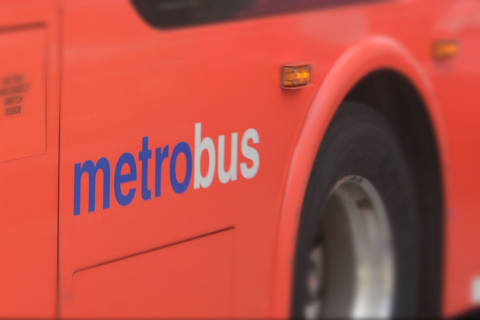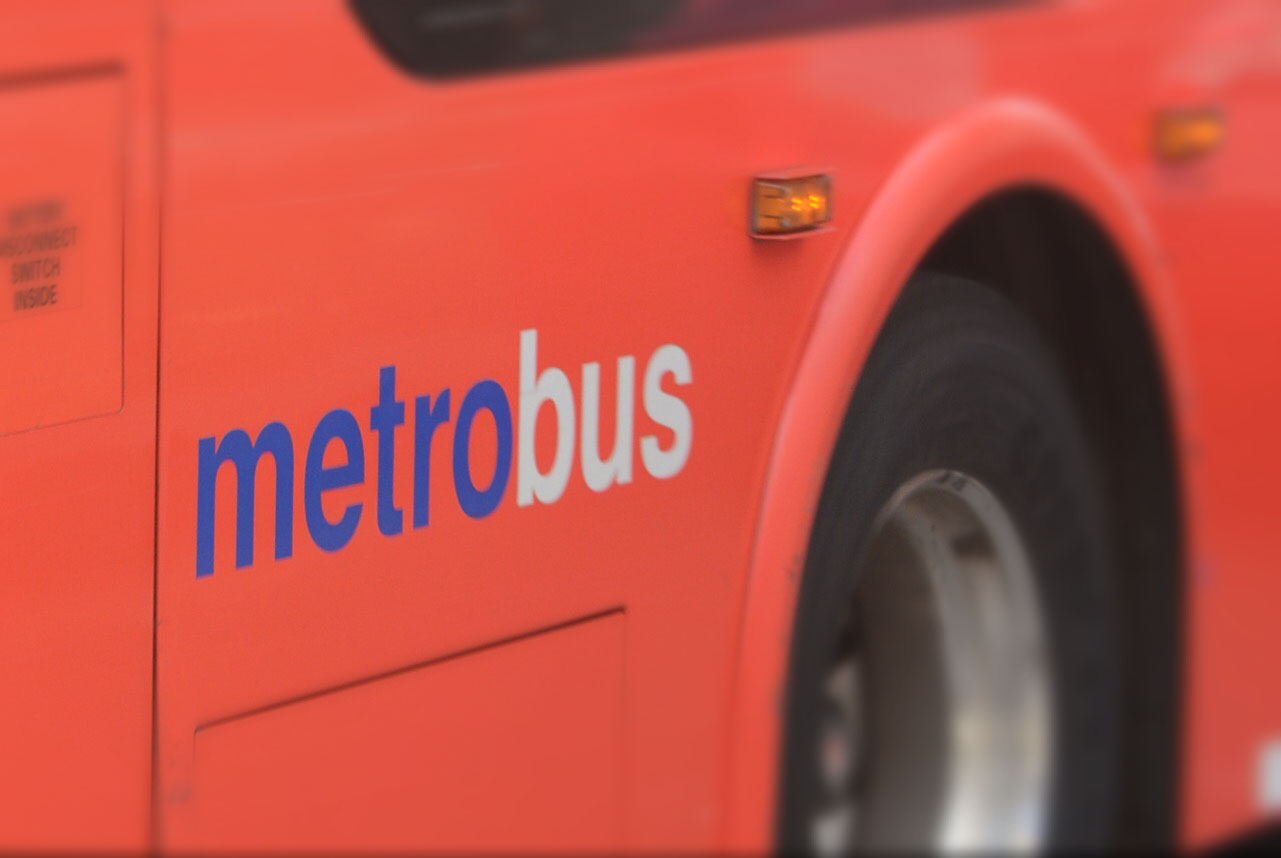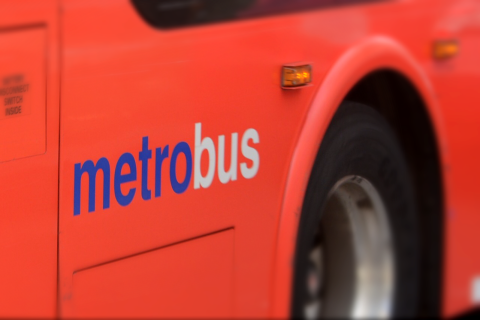
WASHINGTON — The Catholic Archdiocese of Washington squared off with Metro in a federal appeals court Monday morning in lengthy arguments over whether the transit agency’s advertising rules amount to religious discrimination.
The case stems from a test advertisement the church tried to run before Christmas that included an image suggesting the three wise men and featuring a web address that promoted going to church, focusing on Jesus and giving to charity.
Last fall, Metro rejected the ads. The archdiocese sued in late November, asking a federal judge to issue an injunction forcing Metro to post the ads; the judge refused.
Metro has ad policies banning issue-oriented ads, including religious ads. The rules were implemented after concerns that provocative advertisements such as one depicting the Prophet Mohammed could trigger vandalism, violence or rider and worker concerns.

Each side Monday had a former U.S. solicitor general to argue their case: Paul Clement for the archdiocese in their push for a preliminary injunction ordering Metro to accept the ads next fall, and Don Verilli for Metro arguing that the lower court was correct to back Metro’s position for now.
Two of the three judges on the U. S. Court of Appeals for the District of Columbia Circuit panel, Robert Wilkins and Judith Rogers, pressed Clement harder during the arguments, while the third judge, Brett Kavanaugh, pressed Verilli harder.
Clement kept his focus on the religious aspect of Metro’s ad policies, since the broader ban on issue-oriented ads is facing separate challenges backed by the American Civil Liberties Union.
“This ad was prohibited for a single reason … [that] discriminates on religion,” Clement told the court.
Since other ads are allowed to promote charitable giving, offer times that stores are open, or allude to holiday season sales, Clement argued that banning speech promoting religion is unconstitutional.
“This is just pure discrimination,” Kavanaugh agreed.
Since it applies equally to everyone — including those speaking against religion — the policy does not discriminate, Verilli responded.
“There just is no limit to the argument my friends on the other side [are making],” Verilli said.
Judges Wilkins and Rogers also questioned the breadth of Clement’s argument.
Verilli argued that religious ads are a subset of issue-oriented advertising, and an ad that simply promoted donations to Catholic Charities would be OK.
“You have to look at the policy as a whole,” Verilli said.
‘You can’t take the easy way out’
The ban is in place, Metro said, to protect ridership, rider satisfaction and employee morale, and to prevent any vandalism concerns or safety risks.
Verilli conceded the ad in this case is “benign,” but said without blanket rules Metro would be violating the Constitution by discriminating based on the viewpoint expressed in a particular ad.
“That’s a reason to close the forum … there’s going to be offensive speech,” Kavanaugh responded.
Verilli cited a Supreme Court case suggesting transit agencies should not have to decide between no ads at all and taking all comers.
Clement cited three cases of his own that he said supported his contention that the specific ban on any pro-religion or anti-religion ads is unconstitutional.
“The purposes of this forum are to raise money,” Clement said.
If Metro simply restricted ads to commercial advertisements, Clement would still challenge those rules, but his case would be harder, he said.
“You can’t take the easy way out … and say no religion,” Clement argued.
Verilli offered the judges a way out without deciding on the details of the case, or in case he was losing ground: find that there isn’t enough evidence yet to force Metro to take the ads immediately, as the case continues in a lower court.








